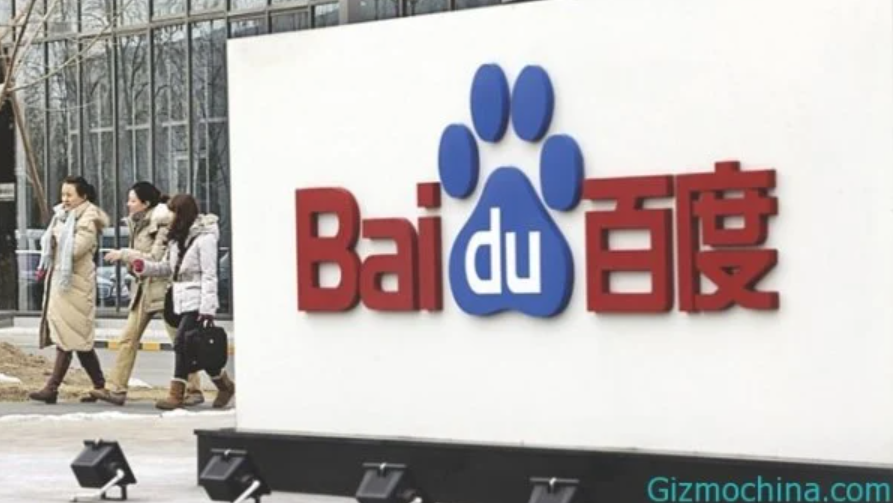Chinese search engine powerhouse Baidu has announced its decision to donate its quantum computing research facility to the Beijing Academy of Quantum Information Sciences (BAQIS). This donation follows the growing trend of tech giants contributing to state-backed initiatives, particularly in the rapidly evolving field of quantum computing.
The Baidu Institute of Quantum Computing was established in 2018
Baidu’s journey in this domain began in early 2018 with the establishment of the Baidu Institute for Quantum Computing. Their mission was ambitious: to position themselves as a leading global player in quantum computing research, focusing on areas such as quantum AI, algorithms, and architecture. This vision took a collaborative turn in March last year when Baidu and BAQIS formed China’s first quantum computing intellectual property (IP) alliance, aiming to streamline IP cross-licensing and foster innovation in the industry.

Quantum computing stands at the forefront of scientific advancement, leveraging fundamental physics to tackle problems beyond the reach of traditional computers. Its ability to perform multiple calculations simultaneously offers unprecedented speed in solving complex statistical problems, though it’s not intended to replace conventional computing.
The donation of Baidu’s facility to BAQIS marks a significant moment in the tech world. It’s not just a gesture of corporate generosity but a strategic alignment with national priorities. China, alongside the US, is fiercely competing in the quantum computing race, an area only recently recognized as a national priority by Beijing. Such partnerships could accelerate breakthroughs in quantum computing, eventually benefiting sectors beyond technology, including healthcare and agriculture.
While the path to large-scale commercialization of quantum computing remains elusive in the long run, the rapid spread of generative AI technologies like OpenAI’s ChatGPT demonstrates the potential of cutting-edge tech to reshape our world. Baidu’s move could be a stepping stone towards more such collaborative efforts, only time will tell if it is lucrative or not.
RELATED:
- Baidu Terminates Major Live Streaming Deal with JOYY
- Baidu’s ERNIE AI Bot Crosses the 100-Million-User Milestone
- Lenovo Legion Y700 2023: Save $100 on this 8-inch gaming Android tablet
- Best Robot Vacuums of 2023 – Gizmochina
(Via)






